Steel and Aluminum Tariffs
May 10, 2018
5 Minutes for Business, Canadian Chamber of Commerce
Steel and Aluminum Tariffs
Unless you’ve been living under a rock (or perhaps within a rolled steel coil), you have no doubt seen all the news these days about the looming threat of steel and aluminum tariffs being imposed by the United States.
Last year, the U.S. Department of Commerce initiated an investigation into whether steel and aluminum imports were impairing America’s national security. These investigations occurred under Section 232 of the Trade Expansion Act of 1962. The investigation’s recommendations were released in February and proposed a number of measures, including a mix of tariffs and quotas on steel and aluminum exports from around the globe.
President Trump opted to impose global tariffs of 25% on steel products and 10% on aluminum products that are entering the U.S. To be exempted from the tariff stick, Washington seems to be offering the quota carrot to countries. South Korea has already negotiated its package, which focuses on quotas, and agreements in principle have been reached with Brazil, Argentina and Australia on yet to be specified measures. Although, as recent news from Brazil indicates, some of these agreements in principle may have a ways to go.
But looking closer to the home, the threat of tariffs continues to loom large for Canada. We received a temporary exemption—along with the European Union and Mexico—until June 1. The Canadian Chamber of Commerce’s position continues to be that Canada should be fully and permanently exempted from any tariffs, quotas or other measures designed to reduce the cross-border flow of steel and aluminum products. Canadian imports to the U.S. do not pose a national security threat. In fact, Canadian aluminum is integrated into the U.S. defence industry to allow America to build its military hardware. In the case of steel, Canada is the top export destination for U.S. steel products, with trade roughly balanced between our countries.
The Chamber applauds the federal government for its firm stance on this issue in opposing U.S. pressure for Canada to accept export restrictions. We also fully support the government’s position to oppose any links between these tariffs and the NAFTA negotiations. Such a connection would only be an unhelpful distraction from what should be our main focus.
There are certainly wider systemic issues that affect the industry; U.S. tariffs will divert third-country steel and aluminum products onto already saturated global markets. Additionally, there is the issue of trans-shipment, where companies could attempt to use Canada as a backdoor to circumvent U.S. tariffs. It is vital the government be watchful of these issues. The government’s recent announcement of additional funding for the Canada Border Services Agency is a good first step, meeting a request from the Chamber and our members.
At the end of the day, it is about providing certainty for business. This means no arbitrary implementation of tariffs or quotas and ensuring the rules are consistently enforced.
For more information, please contact: policy@chamber.ca.


